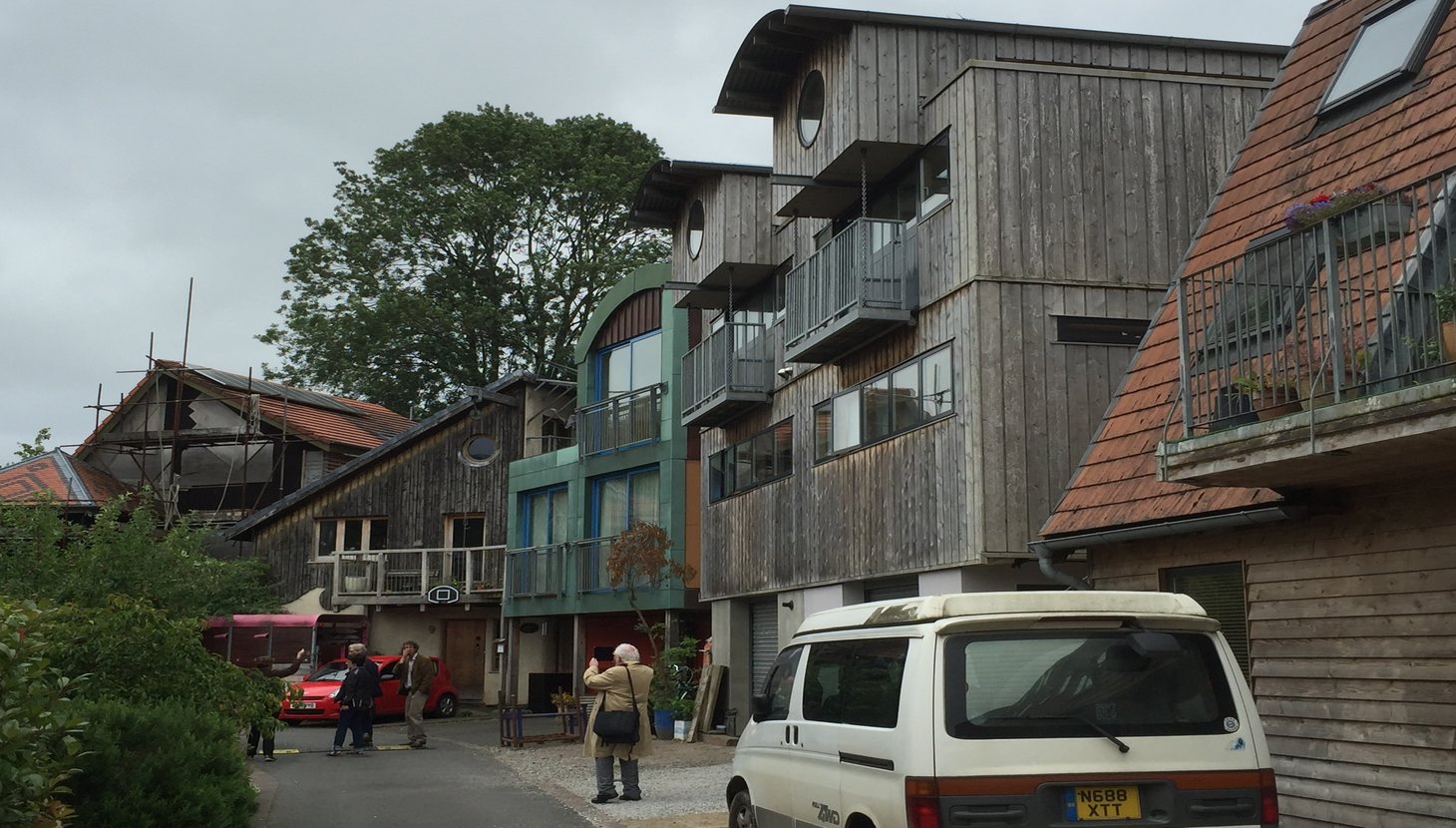
All over the country there are communities and places that have a great vibe, a vital sense of identity, social cohesion and prosperity. And there are plenty of others that just don’t.
It is estimated that a massive 47% of illness is connected to living conditions. This means that the homes in which people live and the towns and cities in which these homes are located are contributing to the poor health of the nation. This is a shocking statistic and one that cannot be ignored by anyone involved in the creation and management of the built environment.
It is generally recognised that a combination of factors common in our towns and cities, including poor living conditions, lack of transport, pollution, lack of access to green space and social isolation, all lead to wide variety of health issues including obesity and depression.
So, how can we ensure that our future urban developments provide the good social habitable places that are essential for the continuing health, prosperity and balance of urban centres? How can we preserve and foster the sense of local identity and character that are so valuable without hindering creativity, progress and growth?
We know it can be done because it has been!
Every year the Academy of Urbanism, a politically independent, not for profit organisation, gives awards to Great Places to bring them to the attention of others as examples and places from which we can all learn. There are five categories for the award – Great Places, Streets, Neighbourhoods, Towns and Cities – and around 75 places are shortlisted each year across the categories. The Academy of Urbanism brings together both the current and next generation of urban leaders, thinkers and practitioners. It recognises, encourages and celebrates great places and the people and organisations that create and sustain them.
Learning from these great communities and places that are so successful is an essential piece of this development puzzle.
I was privileged to be one of the presenters at the ‘Urbanism in Bristol’ event last month when over 60 students and young professionals interested in urbanism attended the Academy of Urbanism’s inaugural Young Urbanist event in Bristol.
I was one of three speakers representing the Academy of Urbanism and our role was to share our experience and insights into some extraordinary, successful examples of regeneration and urban design in Bristol driven by the creative industries.
It is through knowledge sharing events such as this, that the next generation of urbanists will be encouraged to embrace the ethos of learning from, and sharing knowledge with, others. There is no downside to this!
It was encouraging to see the enthusiasm and energy of the young attendees who were inspired to go on to set up the new Young Urbanists group in Bristol and to organise their own events.
This was just one of a wide programme of events organised by the Academy of Urbanism which includes visits to towns and cities throughout the UK and Europe to gather good examples from which others can learn.
Learning from the best is vital to the good health and wellbeing of the nation. Anything we can do to share knowledge should be encouraged and commended.
Nick Childs AoU
